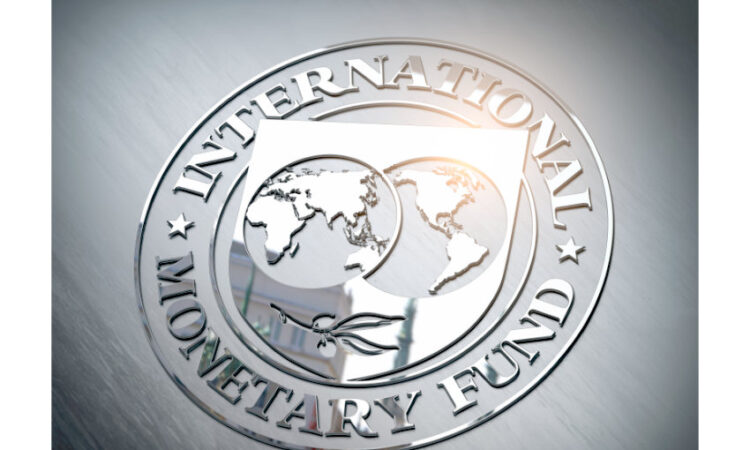IMF seen as overstretched in expanding its work, including digital currency – Ledger Insights

Today the Independent Evaluation Office (IEO) of the International Monetary Fund (IMF) concluded that newer IMF policy areas such as governance, social spending, digital money, climate change and gender are leading to “serious” challenges, including overburdening staff. That’s because the expansion of activities beyond its traditional areas has happened with “limited resources and expertise”, including a more or less flat budget in real terms. However, the Board approved each of the expansion areas.
The IEO is concerned this results in a trilemma where there’s a trade off between the expansion of scope, resource constraints and the ability to maintain high quality policy advice. It also raised concerns about the limited amount of discussion relating to the risks of the Fund engaging in the new policy areas.
While the report made four high level recommendations, such as around decision making and budget tracking, the real question is whether this will impact the IMF’s digital currency work.
One of the report’s graphics suggested that in some cases (not specific to digital currency) the Fund might reduce its output frequency, produce lighter analysis and provide general rather than detailed policy advice. In other cases, it suggests referring to other international financial institutions rather than doing work within the Fund.
The IMF’s work on digital currency and DLT has been extensive. It has provided assistance to numerous economies on their approaches to central bank digital currency (CBDC). More than a year ago it pegged the figure at 30 countries. It’s developing a CBDC Handbook, which notably is funded by Japan, so it doesn’t impinge on that limited budget. Rather than releasing it all at once, it is producing a few chapters each year. Additionally, it is participating in several initiatives, such as observing the mBridge cross border CBDC project. On the high quality work side, it outlined its X-C concept for cross border payments and its ASAP model for a Digital Asset Platform.
Only time wil tell whether this IEO report impacts the IMF’s work in this area.




